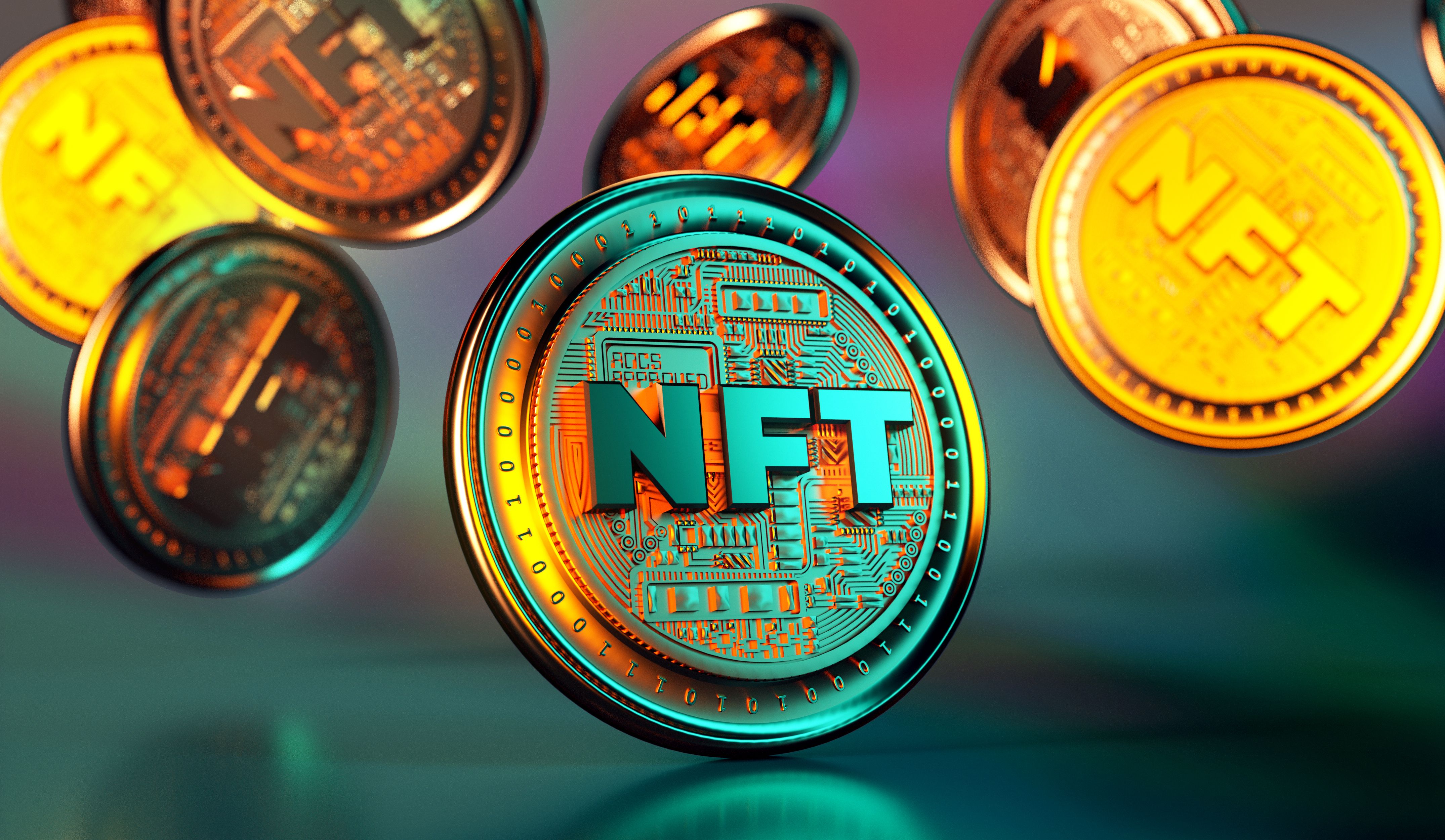Solana vs Ethereum: A Comparative Guide for Beginners
Introduction to Solana and Ethereum
As the world of blockchain technology continues to expand, new platforms are emerging, offering unique benefits and capabilities. Among these, Solana and Ethereum have gained significant attention. Both are decentralized platforms designed to support smart contracts and decentralized applications (dApps), but they differ in several key ways. In this guide, we'll explore the differences between Solana and Ethereum, helping beginners decide which might be more suitable for their needs.

Understanding the Basics
What is Ethereum?
Ethereum is a decentralized platform that enables developers to build and deploy smart contracts and dApps. Launched in 2015 by Vitalik Buterin and his team, Ethereum introduced the concept of a programmable blockchain, allowing for more complex applications beyond simple transactions. Its native cryptocurrency, Ether (ETH), is used for processing transactions and compensating miners for maintaining the network.
What is Solana?
Solana is a high-performance blockchain platform designed to scale without compromising decentralization. Launched in 2020 by Anatoly Yakovenko, Solana aims to provide fast, secure, and scalable solutions for dApps and crypto projects. Solana uses its native cryptocurrency, SOL, for transaction fees and staking purposes, offering a unique consensus mechanism called Proof of History (PoH) to achieve high throughput.

Comparing Speed and Scalability
Transaction Speed
When it comes to transaction speed, Solana is known for its impressive performance. The platform can process up to 65,000 transactions per second (TPS), making it one of the fastest blockchains available. This is largely thanks to its unique Proof of History consensus mechanism, which orders transactions efficiently.
In contrast, Ethereum currently processes around 15-30 TPS. However, Ethereum is undergoing upgrades through Ethereum 2.0, which aims to significantly increase its transaction speed and overall scalability by transitioning from Proof of Work (PoW) to Proof of Stake (PoS).
Scalability
Scalability is a crucial factor for any blockchain platform's success. Solana's architecture is designed to handle thousands of transactions with low latency and minimal costs, making it highly scalable for future growth. On the other hand, Ethereum's scalability has been a challenge due to its current PoW mechanism, leading to higher gas fees during network congestion.

Consensus Mechanisms
Ethereum's Approach
Ethereum's current consensus mechanism is Proof of Work, which involves solving complex mathematical puzzles to validate transactions. This process consumes significant energy and limits the network's scalability. However, with the rollout of Ethereum 2.0, the platform is transitioning to Proof of Stake, which promises more efficiency and reduced environmental impact.
Solana's Innovative Solution
Solana employs a combination of Proof of History and Proof of Stake mechanisms. Proof of History timestamps transactions before processing them with PoS validators, ensuring fast and secure validation without compromising decentralization. This innovative approach allows Solana to maintain high throughput while keeping costs low.
Conclusion: Choosing Between Solana and Ethereum
Both Solana and Ethereum offer unique advantages depending on your needs as a developer or user. If you prioritize high-speed transactions and scalability, Solana may be the better choice. However, if you're looking for a more established platform with a rich ecosystem of dApps and ongoing upgrades for improved performance, Ethereum remains a strong contender.
Ultimately, the choice between Solana and Ethereum will depend on your specific requirements, such as transaction speed, cost efficiency, and network maturity. As both platforms continue evolving, staying informed about their developments will ensure you make the best decision for your blockchain needs.
